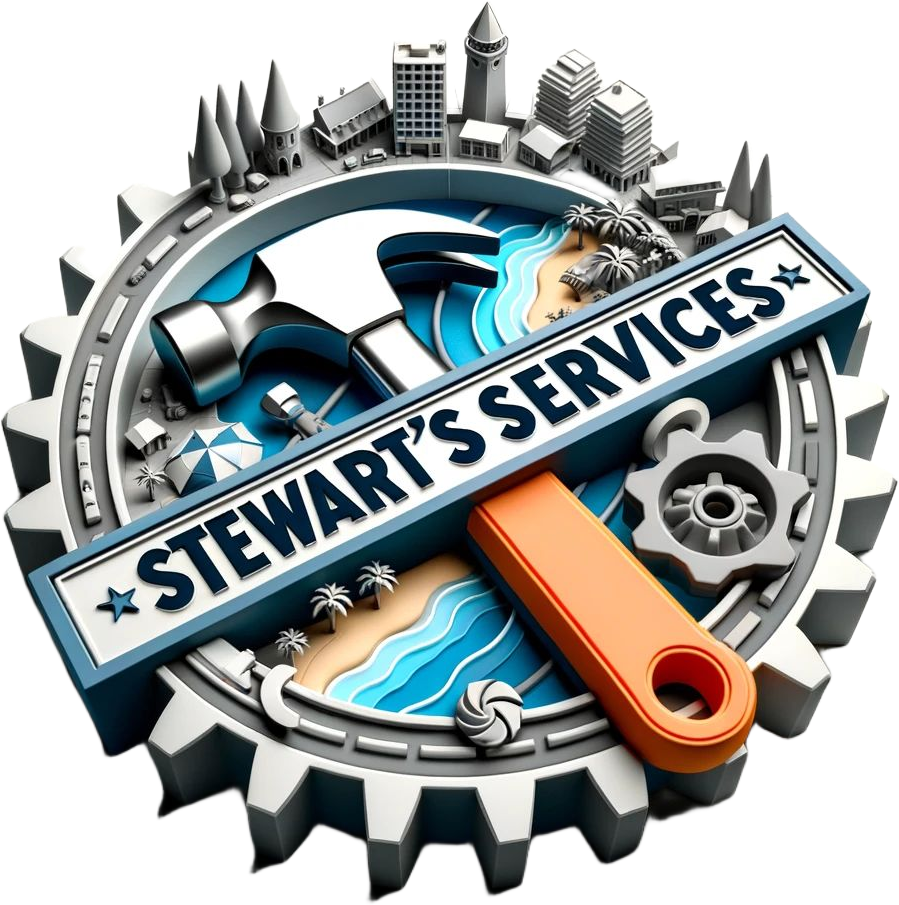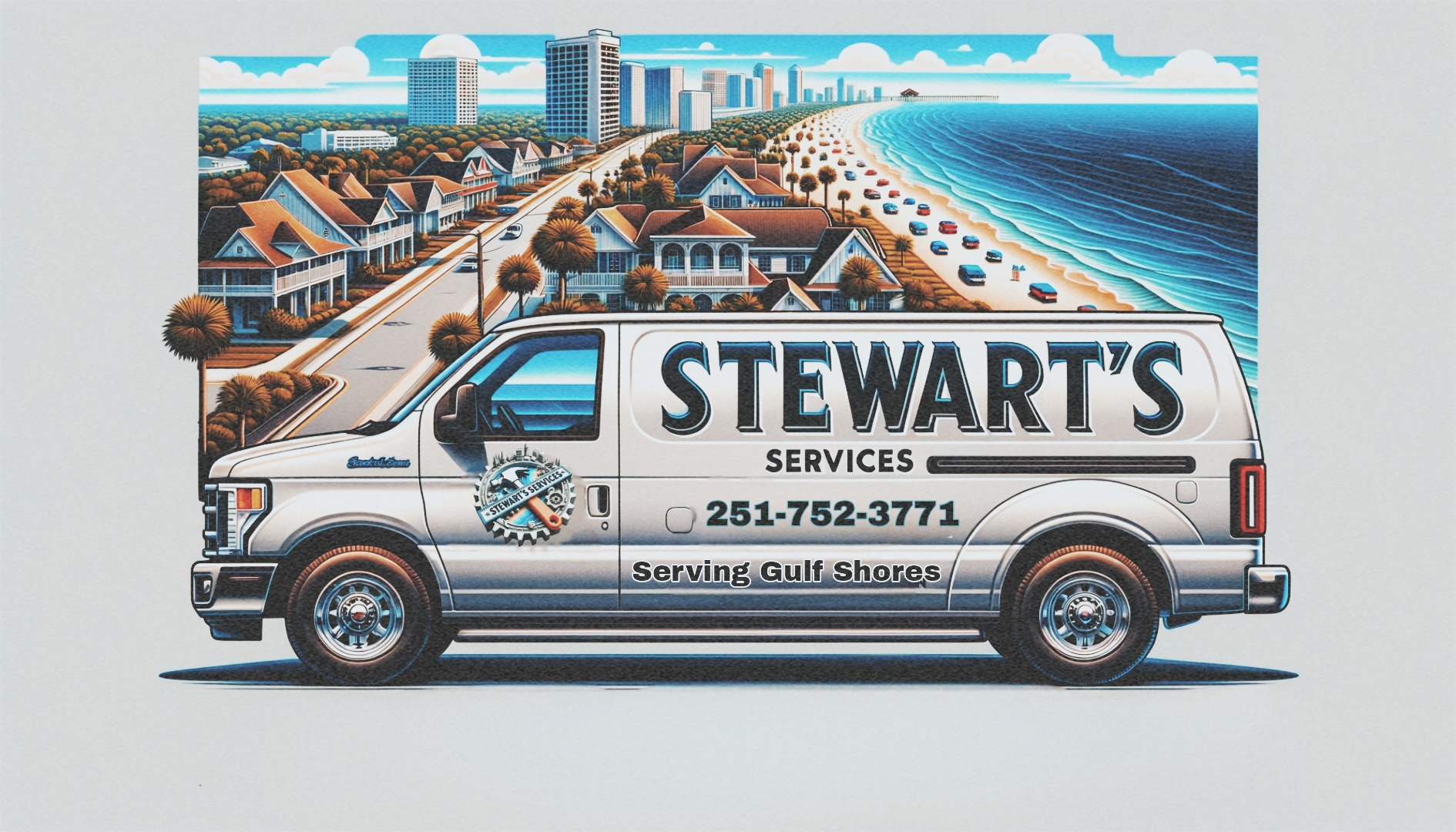1. Service Provider and Client: Maintenance contracts involve two primary parties: the service provider (often a company or individual offering maintenance services) and the client (the entity or individual receiving these services).
2. Scope of Work: The contract specifies in detail what equipment, systems, or facilities are covered by the maintenance agreement. It outlines the specific maintenance tasks, schedules, and responsibilities.
3. Duration: Maintenance contracts can be short-term or long-term, depending on the needs of the client and the nature of the equipment or systems being maintained. They may last for a specific time period (e.g., one year) or be ongoing until canceled.
4. Maintenance Tasks: The contract defines the maintenance tasks and services to be provided. This can include routine inspections, cleaning, lubrication, repairs, replacements, software updates, and more, depending on the type of equipment or systems involved.
5. Service Schedule: The contract specifies the frequency of maintenance visits or tasks, such as weekly, monthly, quarterly, or as needed. It also outlines response times for emergency repairs.
6. Responsibilities: The roles and responsibilities of both the service provider and the client are clearly defined. This may include payment terms, reporting requirements, and communication protocols.
7. Pricing and Payment: The contract outlines the cost of maintenance services, including any flat fees, hourly rates, or other pricing structures. Payment schedules and terms, such as advance payments or periodic invoicing, are also detailed.
8. Parts and Materials: The use of replacement parts, materials, and consumables is addressed in the contract. Some contracts specify whether the client will be responsible for providing parts, or if the service provider will supply them.
9. Performance Metrics: Performance standards or Key Performance Indicators (KPIs) may be included to measure the quality and effectiveness of the maintenance services.
10. Termination and Renewal: The contract should stipulate the conditions under which either party can terminate the agreement and any notice period required. It may also include provisions for renewal.
11. Insurance and Liability: The contract may outline liability and insurance requirements for both parties, clarifying who is responsible for damages or injuries that may occur during maintenance activities.
12. Legal and Compliance Issues: Depending on the industry, there may be specific legal or regulatory requirements that need to be addressed in the contract.








